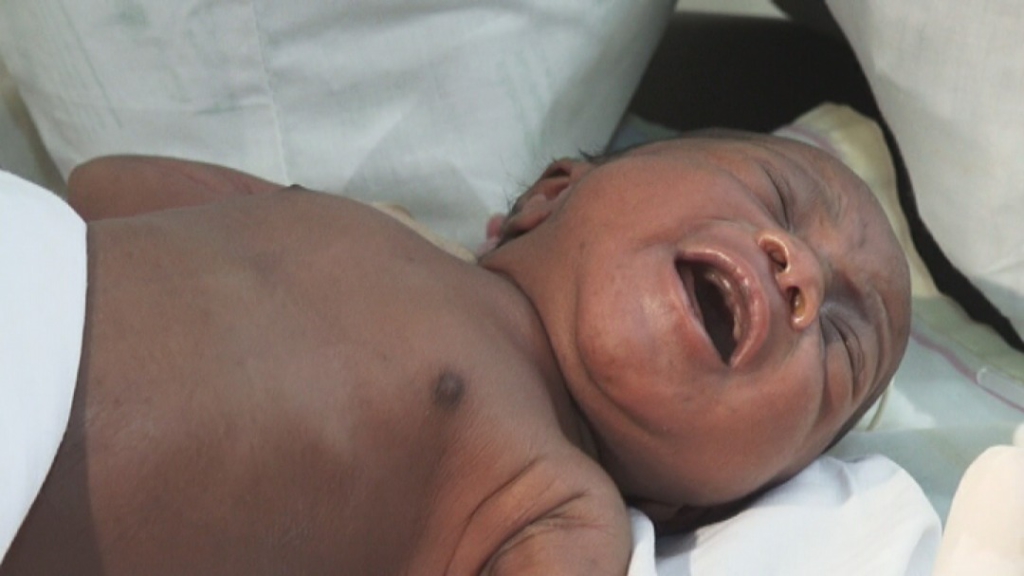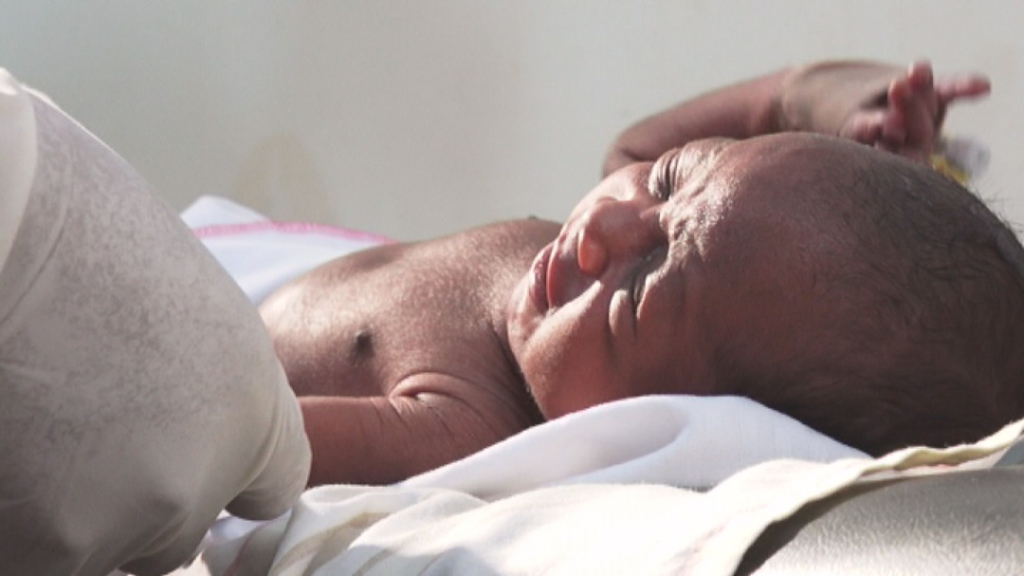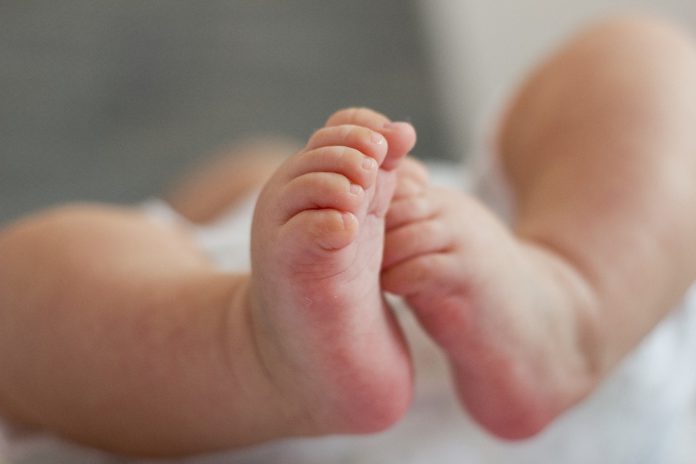A 37-year-old mother, Akua Faah Adu, has recounted the heartbreaking story of how the pain of childbirth caused her mental disorders.
She went into depression after she gave birth and was subsequently diagnosed of Postpartum Depression (PPD).
It started off as challenges with her memory. She sometimes unknowingly called nurses she saw at the hospital by the names of teachers who taught her while she was at the Training College.
“Where we lodged, I could even go to toilet over there without realising that was not the right place to even go,” she recounted her experience at the Psychiatric Hospital in an interview with Joy News.
“They explained that it was because of the childbirth that was why the depression came. At that time, I didn’t know I had a baby or something like that. But when my mother comes, she used to come with a baby,” she added.

PPD continues to be one of the major maternal health challenges across the globe but in Africa, there is scarcity of data on women living with the condition. Despite being a major health issue for many women from diverse cultures, this condition often remains undiagnosed.
Clinical Psychologist at the 37 Military Hospital, Dr Erica Dickson, explained to Joy News in an interview that PPD results from hormonal changes that occur in an individual, especially if this person has a family history of the condition.
Lack of family support could exacerbate the condition of women who suffer from PPD. She recounts asking her husband on the day she gave birth, the attire she should wear during the baby’s christening or outdooring ceremony, but his response worsened her state of mind.
“He told me what I am even wearing at that moment, I can use it for the naming ceremony. So that got me thinking and I started talking, saying all the things that have happened in the marriage and I couldn’t sleep or do anything,” she told Joy News.

In an interview with her mother, she said: “I was so worried seeing my daughter in that state. In the night, she would talk to herself sometimes about the bad things her husband did to her during her pregnancy.”
Her family eventually took her to a prayer camp. She says the period she spent at the prayer camp was the most traumatising moment of her life.
“I thought I didn’t belong there. So, I have to go anytime I get the chance, I just walk and get going and they would start looking for me and then bring me back. So, it got to a time they had to put shackles on my legs. It’s like you are lost,” she recounted.
Dr Dickson said PPD could have negative implications on the health and wellbeing of the newborn baby as well.
“It is a serious problem because it affects not just the individual who is feeling unwell but the new born baby.
“So, when this woman is unhappy, has very low mood, has lost interest, does not want to see her baby etc, most women especially first timers, they are afraid they will hurt their babies so they don’t want to touch them at all,” she explained.
Dr Dickson said this condition could recur with subsequent pregnancies, and so family support is very crucial to ensure adequate recovery.

“It is a risk factor because you have had it once and know that you have the predisposition and therefore a little more attention would have to be given to you to ensure that the milieu within which you’re progressing in your pregnancy is more supporting, it’s less stressful so that you are not pushed over the edge,” she said.
She also believes more awareness would help women suffering from the condition to seek medical attention.
“There’s still a whole lot that can be done. Our midwives hold pregnancy schools in the various departments and this could be one of the topics that is infused in there. In our own facility we started something like that and we hope to up our game in educating on these things.
“So, it’s just that the women haven’t been given the opportunity, but a lot of them have experienced it and, therefore, I am sure that when the education goes out, they will be able to identify with it,” she indicated.

